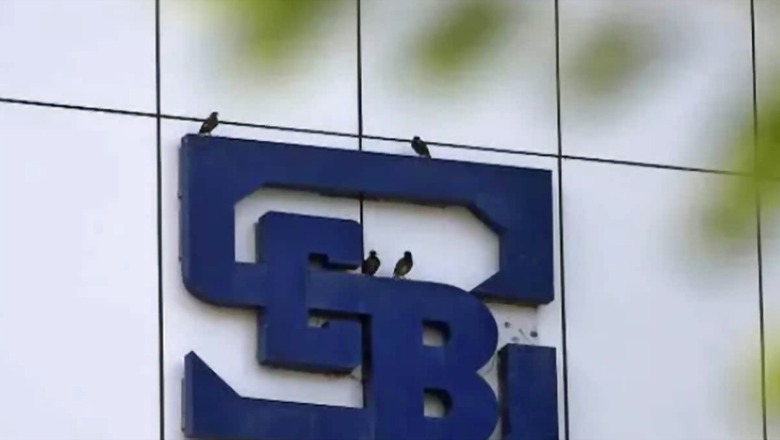
views
Capital markets regulator Sebi on Wednesday allowed stock exchanges to extend direct market access facility to foreign portfolio investors (FPIs) for participation in Exchange Traded Commodity Derivatives (ETCDs).
The new provision would come into force with immediate effect, the Securities and Exchange Board of India (Sebi) said in a circular.
Direct Market Access (DMA) facilitates the clients of a broker to directly access the exchange trading system through the broker’s infrastructure to place orders without manual intervention by the broker.
Also, DMA provides certain advantages to brokers such as direct control over orders, faster execution of orders, reduced risk of errors associated with manual order entry, maintaining confidentiality, lower impact costs for large orders and implementing better hedging and arbitrage strategies.
“Based on representations received for enabling DMA facility to FPIs in ETCDs and deliberations by Commodity Derivatives Advisory Committee (CDAC) of Sebi, it has been decided to allow stock exchanges to extend DMA facility to FPIs for participation in ETCDs,” the regulator said.
This permission is subject to certain conditions that require brokers to follow procedure for application for DMA, operational specifications, client authorisation, and broker-client agreement, risk management, among others.
In September 2022, Sebi allowed FPIs to participate in the ETCDs in order to increase depth and liquidity in the market. To begin with, the regulator permitted FPIs to participate in cash settled non-agricultural commodity derivative contracts and indices comprising such non-agricultural commodities.
The regulator had already allowed institutional investors such as Category III Alternative Investment Funds (AIFs), Portfolio Management Services and Mutual Funds to participate in the ETCD market.
In a separate circular with Sebi, all debenture trustee registered in FINNET 1.0 system of Financial Intelligence Unit – India (FIU-India) will have to mandatorily enrolled in FINNET 2.0 module.
FINNET 2.0 module is aimed at providing quality financial intelligence for safeguarding the financial system from the abuses of money laundering, terrorism financing, and other economic offenses.
“Those reporting entities who have not yet registered themselves with FIU-India are required to be registered in FINNET 2.0 system/ module of FIU-India immediately in light of the FATF mutual evaluation,” the circular noted.
FIU-India, in its letter last month, addressed to designated directors and principal officers of debenture trustees, specified guidelines, including red flag indicators for detecting suspicious transactions by the Debenture Trustees under Prevention of Money Laundering (Maintenance of Records) Rules, 2005.




















Comments
0 comment